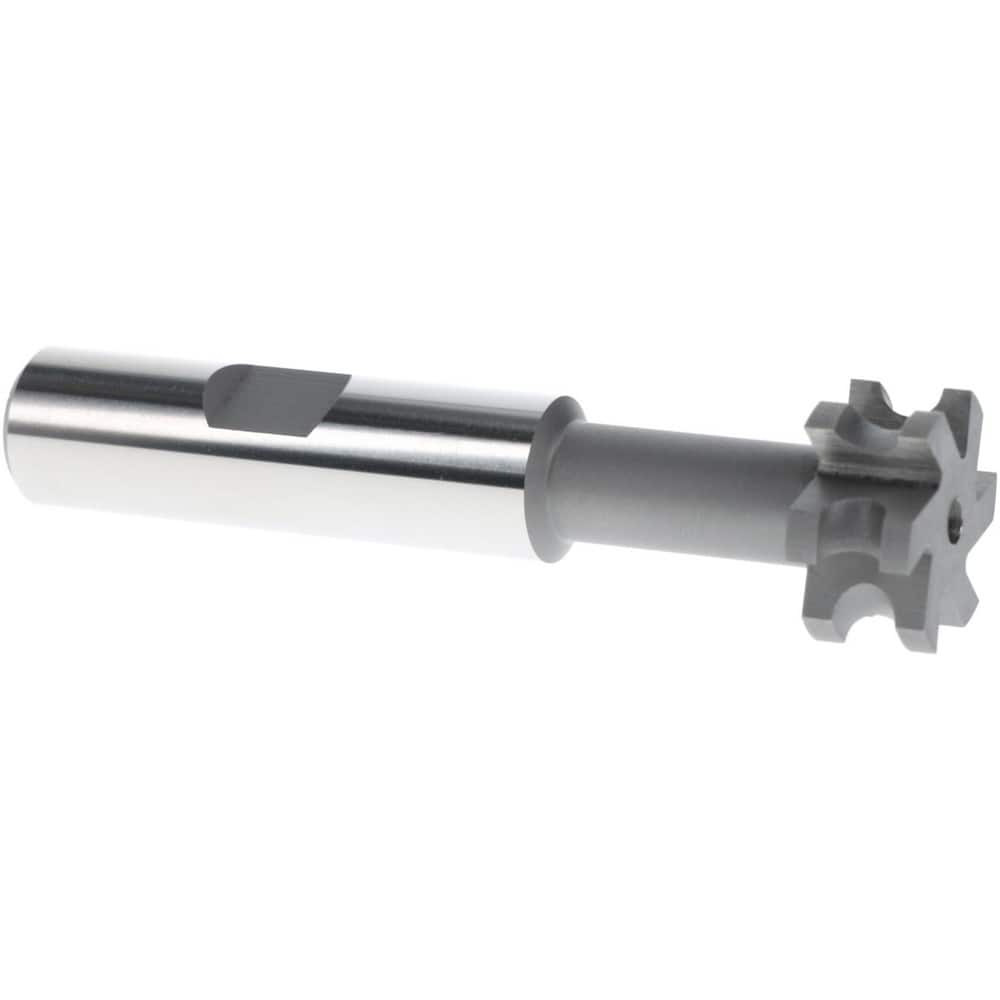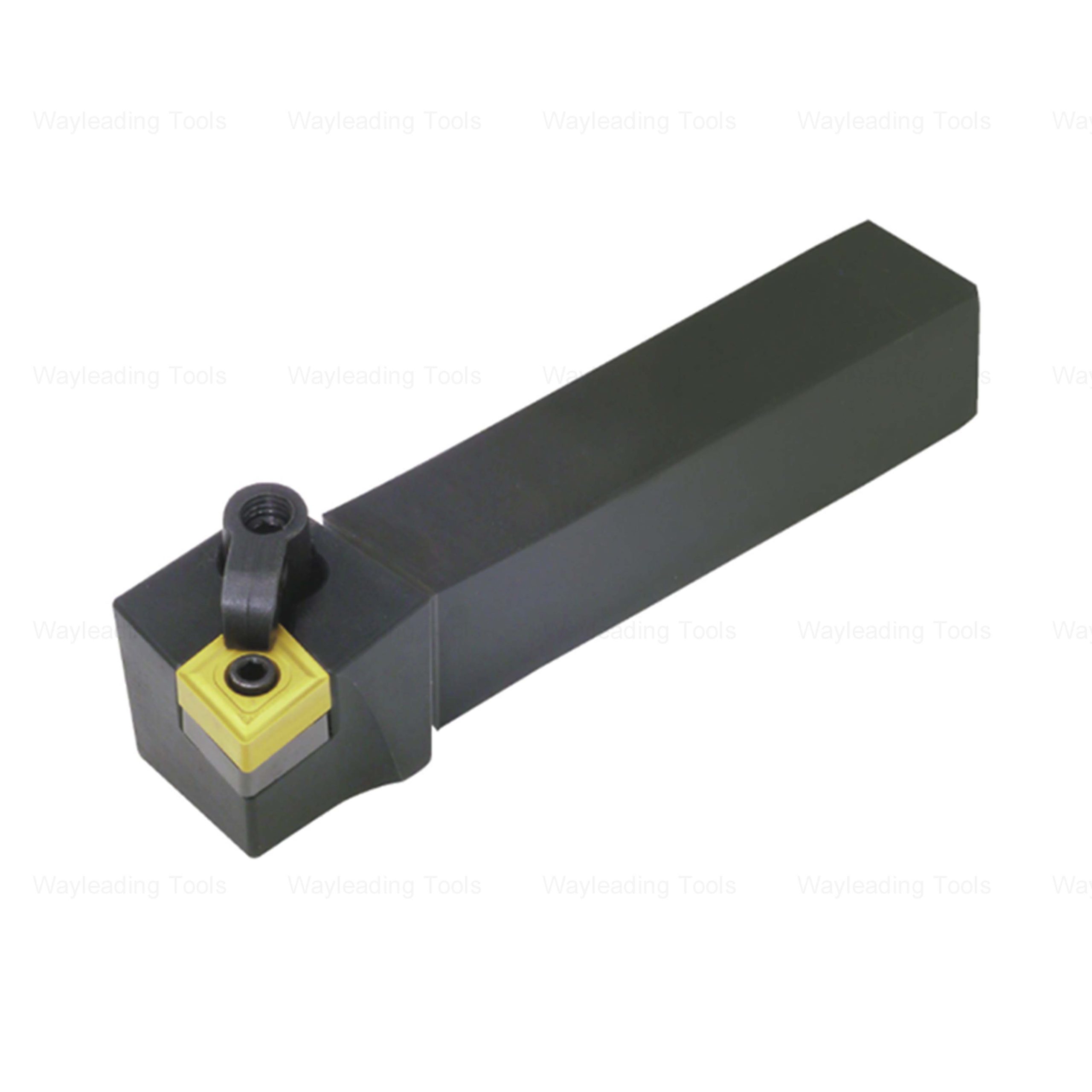digital dial gauge Manufacturer
Finding a reliable digital dial gauge manufacturer can be challenging. This guide provides insights into the key factors to consider when selecting a manufacturer, the different types of digital dial gauges available, and their applications, helping you make an informed decision for your measurement needs.
Understanding Digital Dial Gauges
What is a Digital Dial Gauge?
A digital dial gauge, also known as a digital indicator, is a precision measuring instrument used to accurately measure small linear distances or thicknesses. Unlike traditional dial gauges with analog displays, digital dial gauges feature a digital display that provides readings with higher resolution and accuracy. They are widely used in manufacturing, quality control, and metrology applications.
Key Features of Digital Dial Gauges
- Digital Display: Provides clear and easy-to-read measurements.
- High Accuracy: Offers precise measurements, typically down to 0.001mm or 0.00005 inch.
- Multiple Units: Can switch between metric and imperial units (mm/inch).
- Zero Setting: Allows for setting a reference point for comparative measurements.
- Tolerance Setting: Facilitates quick pass/fail assessment based on preset tolerance limits.
- Data Output: Some models offer data output capabilities for connecting to computers or data loggers.
Selecting the Right Digital Dial Gauge Manufacturer
Factors to Consider
Choosing the right digital dial gauge manufacturer is crucial for ensuring the quality and reliability of your measurements. Here are some important factors to consider:
- Reputation and Experience: Look for manufacturers with a proven track record of producing high-quality digital dial gauges. Check online reviews, customer testimonials, and industry certifications.
- Product Range: Ensure the manufacturer offers a variety of digital dial gauges to meet your specific needs, including different measuring ranges, resolutions, and features.
- Quality and Accuracy: Verify that the manufacturer adheres to strict quality control standards and that their digital dial gauges are calibrated to meet international standards such as ISO or ANSI.
- Technical Support: Choose a manufacturer that provides excellent technical support, including training, calibration services, and troubleshooting assistance.
- Price and Value: Compare prices from different manufacturers, but don't sacrifice quality for a lower price. Consider the overall value, including features, accuracy, and reliability.
- Warranty and Service: A reputable manufacturer will offer a warranty on their digital dial gauges and provide reliable after-sales service.
Top Digital Dial Gauge Manufacturers
While specific recommendations may vary based on individual needs, some well-regarded digital dial gauge manufacturers include:
- Mitutoyo
- Mahr
- Starrett
- TESA Technology
- Sylvac
- Wayleading Tools (A reliable supplier offering a range of digital dial gauges for various industrial applications. Contact them through www.wayleading.com)
It's always best to conduct your own research and compare different manufacturers based on your specific requirements.
Applications of Digital Dial Gauges
Digital dial gauges are used in a wide range of applications across various industries, including:
- Manufacturing: Measuring the dimensions of machined parts, checking for flatness and roundness, and ensuring quality control.
- Automotive: Measuring engine components, checking brake disc thickness, and inspecting tire runout.
- Aerospace: Measuring the dimensions of aircraft components, checking for surface irregularities, and ensuring quality control.
- Metrology: Used as a reference standard for calibrating other measuring instruments.
- R&D: Accurate measurements in Research and development activities.
Types of Digital Dial Gauges
Digital dial gauges come in various types, each designed for specific applications:
- Standard Digital Dial Gauges: General-purpose gauges for measuring linear distances.
- Miniature Digital Dial Gauges: Compact gauges for use in tight spaces.
- Long Stroke Digital Dial Gauges: Gauges with extended measuring ranges for measuring larger distances.
- Wireless Digital Dial Gauges: Gauges that transmit data wirelessly to a computer or data logger.
- Waterproof Digital Dial Gauges: Gauges designed for use in wet or humid environments.
Tips for Using Digital Dial Gauges
To ensure accurate and reliable measurements, follow these tips when using digital dial gauges:
- Calibrate Regularly: Calibrate your digital dial gauge regularly to ensure accuracy.
- Clean the Gauge: Keep the gauge clean and free from dirt and debris.
- Use the Correct Measuring Force: Apply the correct measuring force to avoid damaging the gauge or the workpiece.
- Mount the Gauge Securely: Mount the gauge securely to prevent vibration or movement during measurement.
- Read the Display Carefully: Pay close attention to the digital display and record the measurements accurately.
Digital Dial Gauge Specifications: An Example
Here's an example of a specifications table. (Disclaimer: Actual specifications vary by manufacturer and model.)
| Feature | Specification |
|---|---|
| Measuring Range | 0-25.4 mm (0-1 inch) |
| Resolution | 0.001 mm (0.00005 inch) |
| Accuracy | ±0.003 mm (±0.00012 inch) |
| Units | mm / inch |
| Power Supply | SR44 Battery |
Conclusion
Selecting the right digital dial gauge manufacturer is essential for ensuring accurate and reliable measurements. By considering the factors outlined in this guide, you can make an informed decision and choose a manufacturer that meets your specific needs. Remember to prioritize quality, accuracy, and technical support when making your selection.
Related products
Related products
Best selling products
Best selling products-
 Precision IP67 Digital Caliper With Data Output For Industrial
Precision IP67 Digital Caliper With Data Output For Industrial -
 Inch HSS 1/2″ Reduce Shank Drill Bit For Metal Cutting Of High Precision
Inch HSS 1/2″ Reduce Shank Drill Bit For Metal Cutting Of High Precision -
 Boring Head Shank For Boring Head With Industrial Type
Boring Head Shank For Boring Head With Industrial Type -
 HSS Inch Concave Milling Cutter For Industrial
HSS Inch Concave Milling Cutter For Industrial -
 Precision Digital Bore Guage From 6-450mm Range
Precision Digital Bore Guage From 6-450mm Range -
 MCLN Indexable Turning Tool Holder
MCLN Indexable Turning Tool Holder -
 Type B Cylinder Tungsten Carbide Rotary Burr
Type B Cylinder Tungsten Carbide Rotary Burr -
 5C Round Collet With Inch and Metric Size
5C Round Collet With Inch and Metric Size -
 Metric HSS Step Drills With Straight Flute
Metric HSS Step Drills With Straight Flute -
 HSS Inch Convex Milling Cutter For Industrial
HSS Inch Convex Milling Cutter For Industrial -
 CNMG & CNMM Turning Insert For Indexable Turning Tool Holder
CNMG & CNMM Turning Insert For Indexable Turning Tool Holder -
 Vernier Height Gauge With Magnifier With Adjustable Main Bean
Vernier Height Gauge With Magnifier With Adjustable Main Bean











